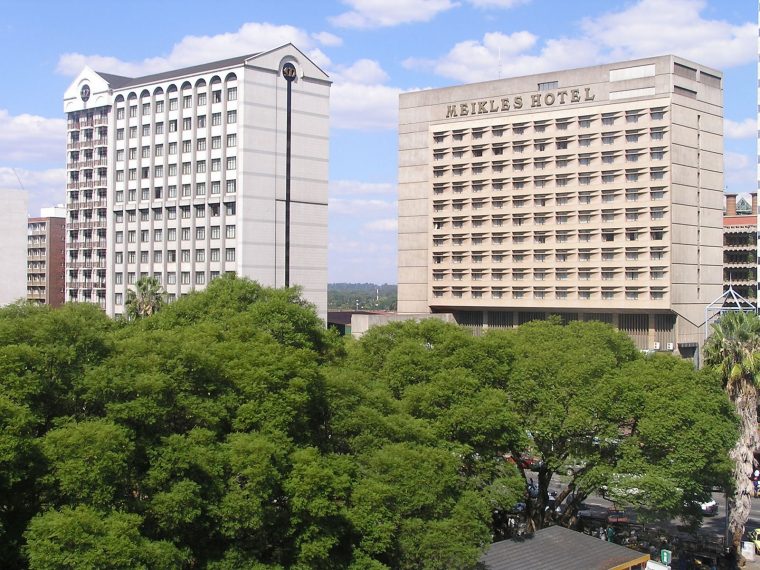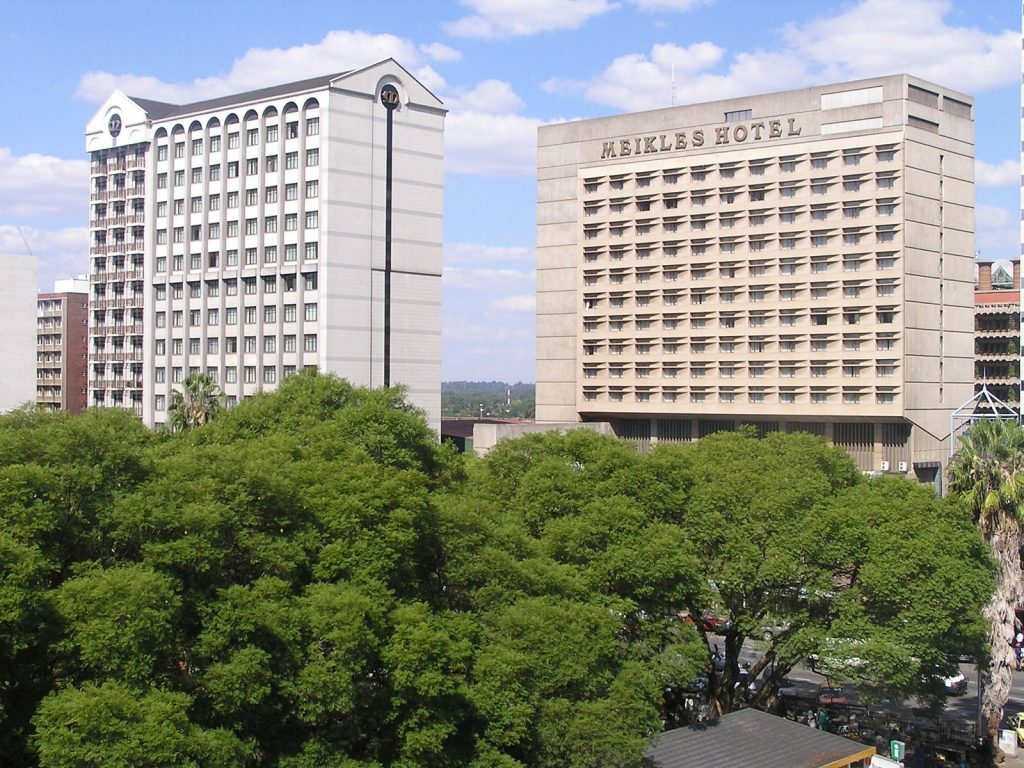 With a show of hands, a wealthy family have finally checked out of part of a business they built over a century ago from empty beer crates, and stolen cattle.
With a show of hands, a wealthy family have finally checked out of part of a business they built over a century ago from empty beer crates, and stolen cattle.
An EGM of Meikles Limited last Friday voted to sell Meikles Hotel, for decades the crown jewel of the empire. Investment firm Albwardy of the UAE, which operates hotel brands such as the Hyatt and Four Seasons, is to buy the hotel for US$20 million.
With the hotel needing reinvestment, of as much as US$30 million, and now surrounded by degradation in the CBD, the Albwardy offer looked too good to resist.
The idea that, one day, the family would sell the hotel would have been dismissed years ago. The hotel has a special place in Zimbabwe’s commercial and political history.
The hotel’s story starts with brothers John, Thomas and Stewart Meikle, whose family had caught a ship from Scotland to seek better fortunes abroad. Their first venture was farming, but this soon failed, and they joined a trek north.
They arrived at Fort Victoria, now Masvingo, “with a speculative five wagons of general merchandise and three of liquor”, according to an entry in “The Guide to the Historical Manuscripts in the National archives of Rhodesia”.
After some initial success in trading, they set up a supply store, with empty crates of booze making up the walls.
John Meikle, quoted in the Rhodesian Genesis, a book on how Rhodesia was built, details their beginnings:
“We arrive at Fort Victoria on the 7th May 1891. The original site of Fort Victoria consisted of a few wattle and daub buildings and a roughly thrown up ground fort surmounted by sacks filled with sand. Ours was the first consignment of fresh stocks of general merchandise to arrive in the country since its occupation,” he writes.
“Our plans for the future were very indefinite. We decided, if we could sell out, that we would do so and return for a further lot of goods. But things were in a very bad way – there was no money in the place, very little outside capital having up to then come in to develop the mines. The pioneers were for the most part scattered over the country prospecting and pegging farms, earning next to nothing.”
Continued next page
(262 VIEWS)


